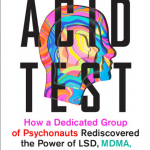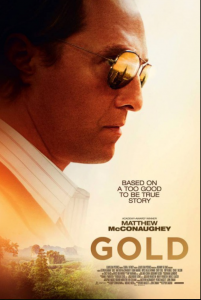There’s an interesting article on how psychedelics seem to infuse the world with meaningful experience.
It includes this passage:
Like in bouts of psychosis, psychedelic-induced meaning can be found everywhere and anywhere. It’s no longer dependent on an external trigger that the sober mind would also find meaningful, like the birth of a child. On psychedelics, I could stare at tree bark for three hours, or dirt, or the back of my eyelids, and feel that I’ve discovered the hidden order behind all phenomena. It seems like it’s not particular things that are imbued with meaning, but the whole of perception itself. “I might call it a misattribution of meaning, where everything gets imbued with a sense of meaningfulness,” Manoj Doss, a research fellow in the department of psychiatry at the University of Texas at Austin, told me. “A lot of times I can attribute the noeticism I’m getting to a memory. We’re usually good at aiming these feelings of knowing. But sometimes they get cut loose. Under psychedelics, I think there’s this misattribution process, where the prefrontal cortex is sending that off in all kinds of different directions where they don’t make sense.”
It was interesting to me that the writer referred derisively to the experience of staring at tree bark and discovering the hidden order of the universe. I’ve had that exact experience — looking at the bark of a tree, I saw the tree pulsing with life, breathing. I didn’t experience it as a semi-inanimate chunk of wood, but a living, breathing being. Ask an arborist which is the more accurate impression — chunk of wood or living being. There’s no question which is the reality, and it ain’t chunk of wood. Likewise when I perceived the simple light of day not as mundane reality, but as a substance pouring from the sky, an inexhaustible gift of life-giving energy free to all, it was not “a misattribution of meaning,” it was a psychedelic assisted insight into a profound truth to which we are so often blind.
No doubt, people emerge from psychedelic experiences with all kinds of crazy ideas. But I would argue that’s not the fault of psychedelics, it owes not to the experience itself, but to a not fully prepared or integrated attempt to interpret it after the fact. Psychedelics allow you to glimpse a more profound glimpse of reality. Making sense of that is the work of a lifetime.







